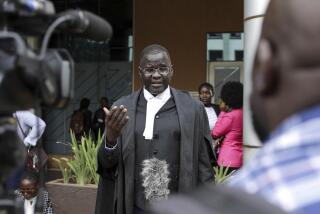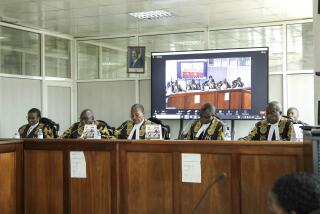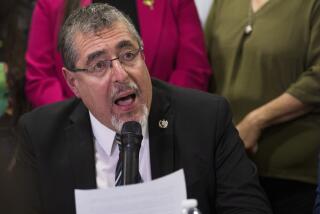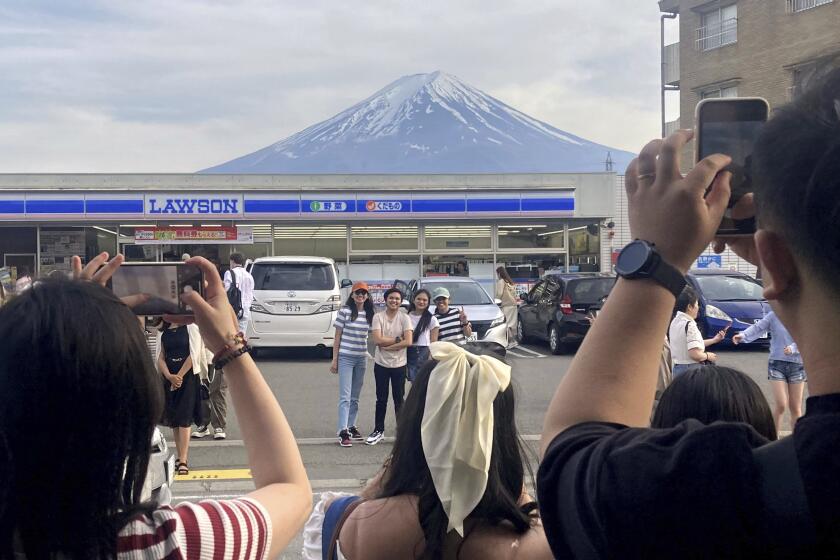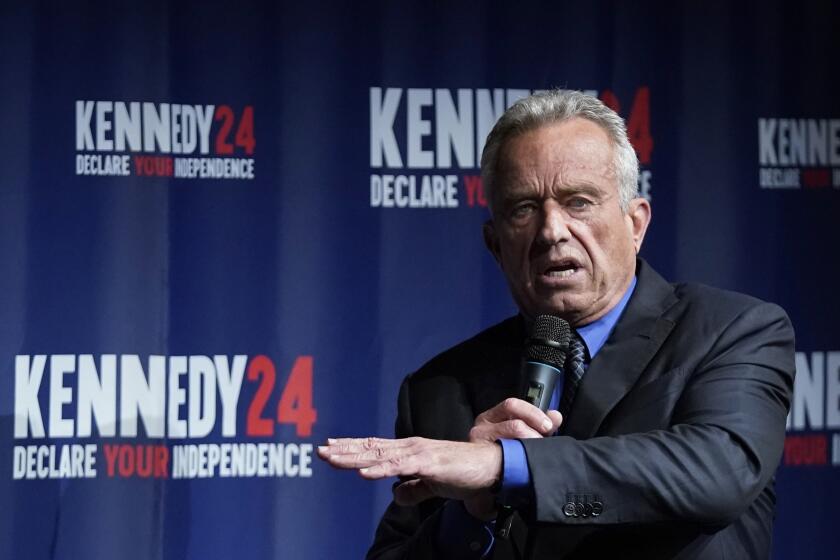Ugandan lawmakers throw punches in parliament amid efforts to extend president’s decades-long rule
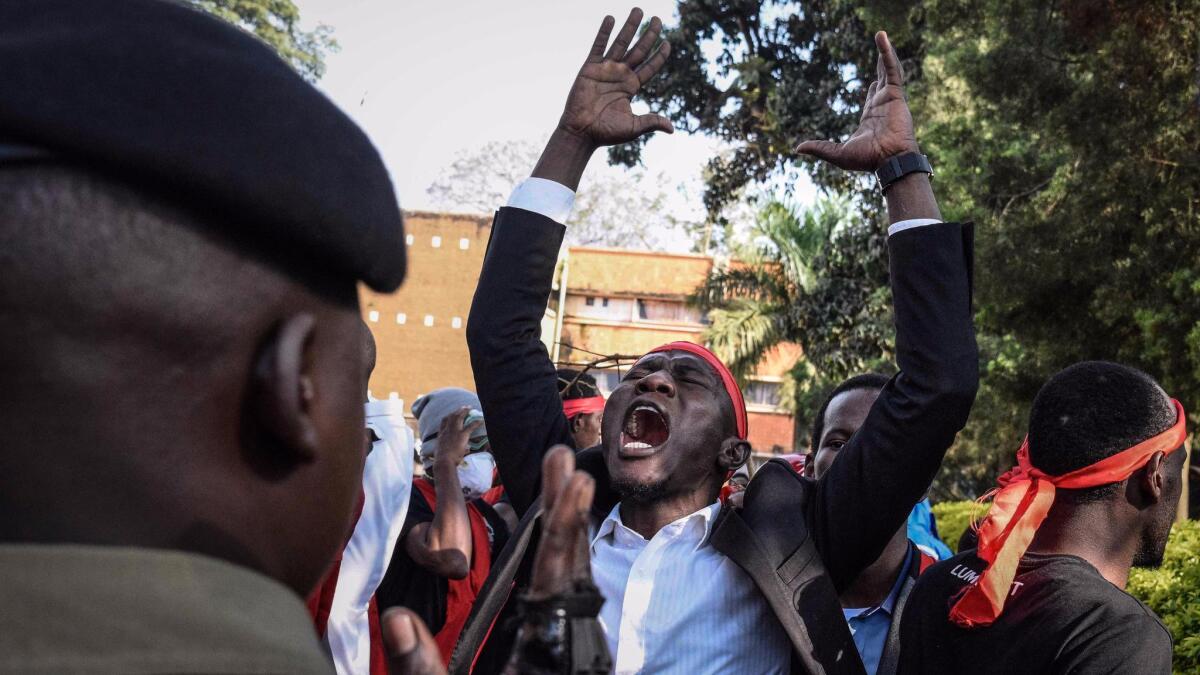
A fight broke out in Uganda’s parliament Tuesday amid efforts to introduce legislation that could extend the president’s decades-long hold on power.
After opposition lawmakers accused a colleague on the government side of carrying a gun, a brawl broke out in which lawmakers pushed and punched each other before the speaker ordered body searches and order was restored.
A motion is to be introduced Tuesday to remove a constitutional provision that prevents anyone over the age of 75 from running for president.
The move is seen as an effort by President Yoweri Museveni, who at 73 is ineligible to run for reelection in 2021, to extend his rule. Museveni himself has ducked the question of whether he is interested in more time in office, saying recently that the matter is not so important.
But critics say he is orchestrating the move by lawmakers to remove the last hurdle to extend his rule, possibly to rule for life.
Uganda’s ruling party enjoys an overwhelming majority in the national assembly, and the bill is expected to pass.
Heavy security was deployed in the capital, Kampala, and police fired tear gas and arrested scores Tuesday who demonstrated their opposition to the efforts to remove the age limit.
The United States urged Uganda’s government to protect basic freedoms “without fear of intimidation,” and Amnesty International said authorities “must end their absurd attempts to silence people opposed to scrapping the presidential age limit.”
The bill has raised tensions in this East African country, which has never seen a peaceful change of power since independence from Britain in 1962.
Museveni, a U.S. ally on regional security, took power by force in 1986 and was reelected last year in a poll marred by allegations of fraud and voter intimidation.
Although Museveni warned in the past that Africa’s problem was leaders “who want to overstay in power,” he has since said he was speaking about leaders who were not elected.
ALSO
Angela Merkel is still the most powerful leader in Europe, but she’s been weakened at home
The return of the far right in Germany: What does the rise of the AfD party mean?
North Korea says Trump declared war via tweet. The White House says it didn’t
More to Read
Start your day right
Sign up for Essential California for news, features and recommendations from the L.A. Times and beyond in your inbox six days a week.
You may occasionally receive promotional content from the Los Angeles Times.
